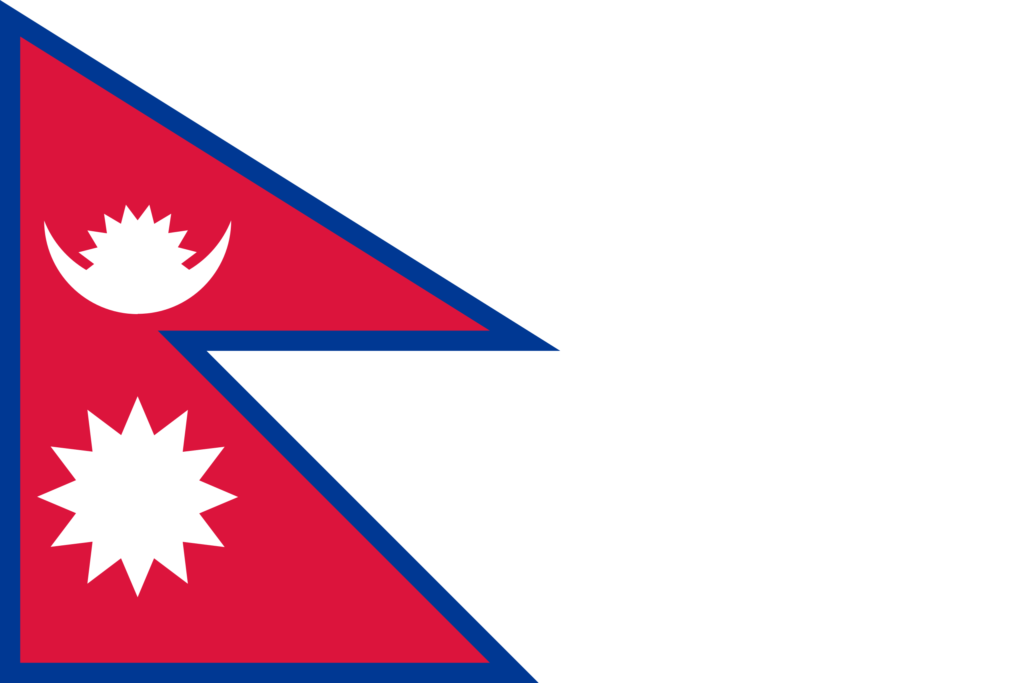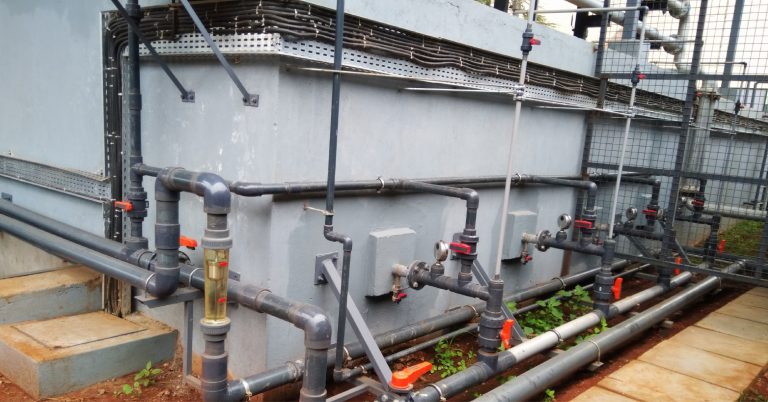As Nepal continues to experience rapid urbanization and industrialization, the need for effective wastewater treatment solutions has become increasingly crucial. Improper management of wastewater can pose severe environmental risks, threatening public health and the integrity of water resources. In this context, Ion Exchange, a leading provider of water and wastewater treatment solutions, offers cutting-edge Membrane Bioreactor (MBR) technology, which represents a sustainable and innovative approach to wastewater treatment in Nepal.
Nepal’s Current Wastewater Treatment Scenario
Nepal’s wastewater treatment infrastructure has historically faced significant challenges, with many cities and towns lacking adequate facilities to treat and manage wastewater effectively. This has resulted in the discharge of untreated or partially treated wastewater into rivers, lakes, and other water bodies, contributing to water pollution and posing risks to public health and the environment.
Government’s Initiatives in Wastewater Treatment
1. The Nepalese government has recognized the importance of addressing the country’s wastewater treatment challenges and has taken several initiatives to improve the situation. Here are some key efforts:
2. National Urban Water Supply and Sanitation Sector Policy: This policy, introduced in 2009, emphasizes the need for proper wastewater management and promotes the construction of sewerage systems and treatment plants in urban areas.
3. Establishment of the Sewerage Management Department: In 2017, the government established the Sewerage Management Department under the Ministry of Water Supply to oversee the planning, implementation, and monitoring of sewerage and wastewater treatment projects across the country.
4. Investment in Wastewater Treatment Plants: The government has allocated funds for the construction of several wastewater treatment plants in major cities, such as Kathmandu, Pokhara, and Biratnagar, to address the issue of untreated wastewater discharge.
Capacity Building and Awareness Programs: The government has initiated capacity-building programs and awareness campaigns to educate the public about the importance of proper wastewater management and encourage responsible practices.
Ion Exchange: A Pioneer in Wastewater Treatment
Ion Exchange, a leading membrane filtration company, brings its expertise and cutting-edge MBR technology to Nepal’s wastewater treatment challenges. The company’s MBR technology combines biological treatment with advanced membrane filtration, offering a compact, efficient, and environmentally friendly solution for wastewater treatment. Ion Exchange offers cutting-edge MBR technology, including three key products designed to address Nepal’s wastewater treatment challenges:
As Nepal continues to prioritize sustainable development and environmental protection, the adoption of advanced wastewater treatment solutions like MBR technology becomes increasingly crucial. By embracing Ion Exchange’s MBR technology for wastewater treatment in Nepal, the country can take a significant step towards ensuring the availability of clean water resources, safeguarding public health, and promoting a greener and more sustainable future.
For more information on how Ion Exchange’s MBR technology can benefit Nepal’s wastewater treatment, connect with us.


